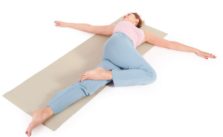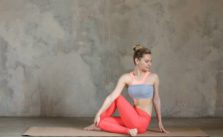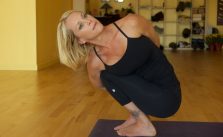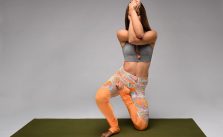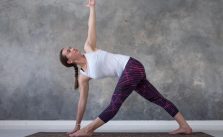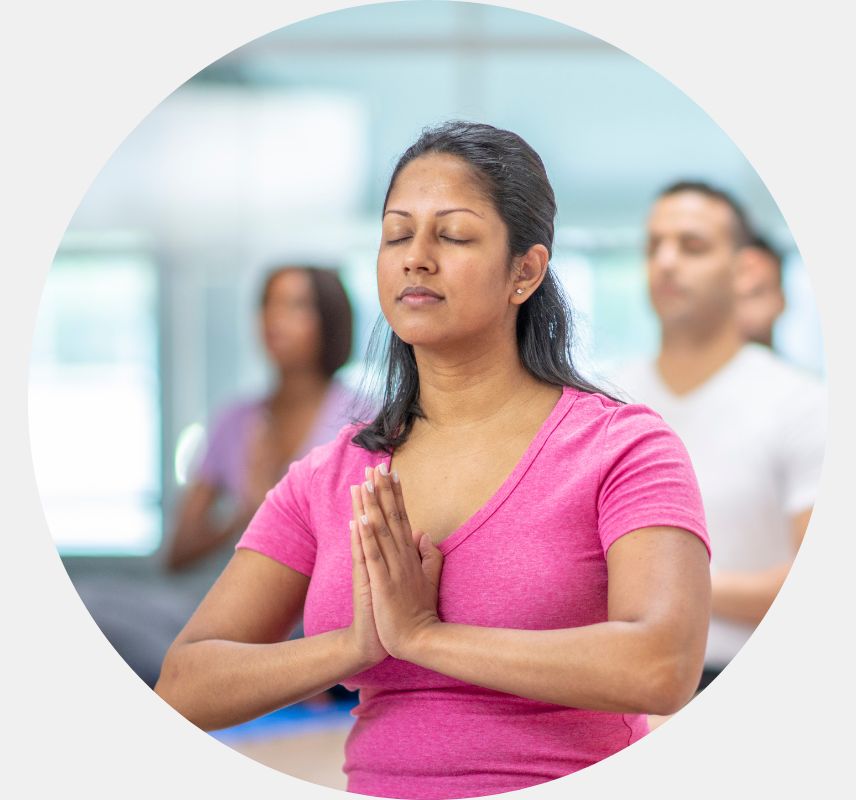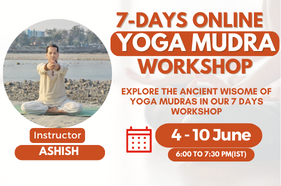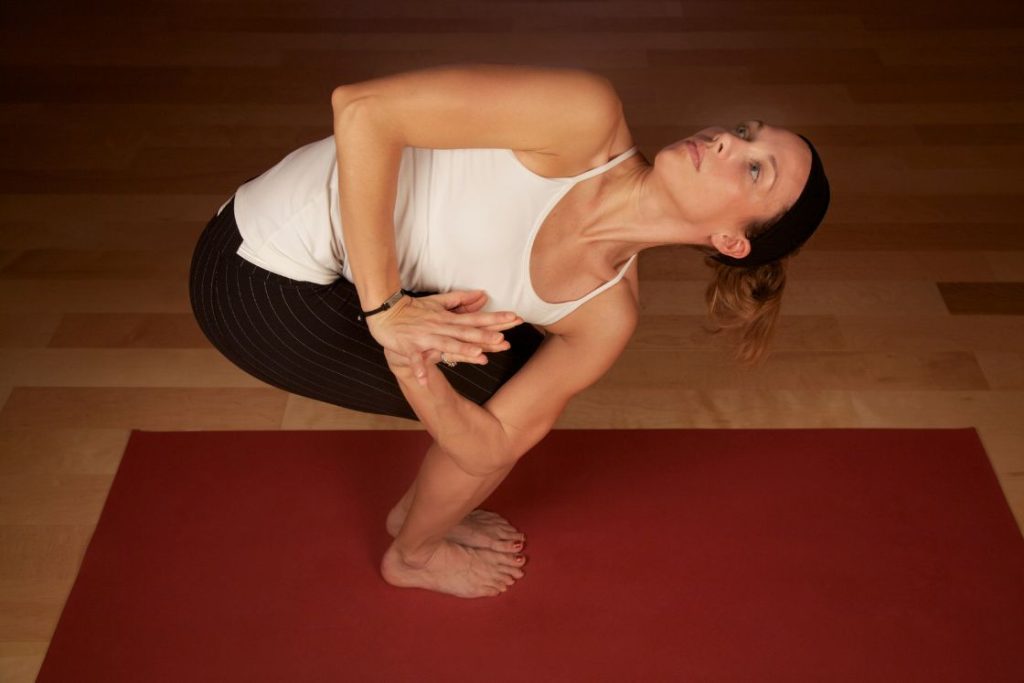
Twisting poses are the type of yoga postures which involve rotating the torso around the spine, creating a twisting motion in the body. These poses typically involve the upper body and can be done in standing, seated, or reclined positions.
Yoga twists are beneficial for improving digestion, massaging internal organs, detoxifying the body, and releasing tension in the spine and back muscles. Additionally, twisting poses can help to increase flexibility and mobility in the spine, as well as improve overall balance and stability.
After practising a few rounds of backbends or forward bends, twisting asanas are excellent neutralizing postures that aid in stabilizing the body.
List of Twisting Yoga Poses
Twisting yoga poses are an excellent way to stretch and strengthen the muscles in the spine, shoulders, and hips. These poses involve rotating the torso while keeping the hips and legs stable, which helps to improve the range of motion in the spine and promote healthy digestion.
There are 8 twisting poses in yoga that we have listed below. Each pose has its unique benefits and can be modified to suit the practitioner’s level of flexibility and experience. Click on each pose to explore step-by-step instructions, modifications, and precautions.
Benefits of Twisting Yoga Poses
The lower back can benefit from twisting poses. You may feel more relaxed if you incorporate these poses into your everyday practice, particularly if you spend a lot of time standing or sitting at a desk.
Some major benefits of practising twisting yoga poses are:
- Improved flexibility and movement across the spine.
- Increases spine length to benefit skeletal condition and performance.
- Help you stand taller and with better posture.
- Reduces tension and back discomfort.
- Develop abdominal strength by gently contracting your abdominal muscles.
- Your digestion and metabolism are stimulated by repeated muscle stretching and contraction.
- Expands the lungs and relieves chest stress.
- Strengthens and stabilizes the pelvis.
- Other important bodily organs are stimulated and detoxified.
- Help your body’s natural energy flow or prana.
Tips for performing Twisting Yoga Poses
The following tips will be helpful in practising twisting yoga poses:
- Breathe from the chest instead of the abdomen due to the rotation of the abdominal area.
- To make room to twist, press down through your lower body and lift through the top of your head.
- While executing seated twists, keep your hips from lifting or sitting on your heel.
- Do not twist just from the lower back. Beginning with a small degree of twisting in the lower spine, go up, increasing the twisting in the middle and upper back.
- Sit upright on a block or some blankets if your lower back tends to round out so that your back retains its natural length.
- When inhaling, lengthen, and when exhaling twist.
- Pregnant women, people with severe digestive issues, or suffering from spinal disc and Sacroiliac (SI) joint issues should completely avoid twisting yoga poses.
- To intensify your twist, use the back of the chair or wall to hold as you twist to the opposite side. For example, if you are performing a seated twist, hold the wall with your right hand as you twist towards the left.
